Contact Us
- Phone:(843) 488-2445
- Email:
- Street Address: 2104 Main Street Conway, SC 29526
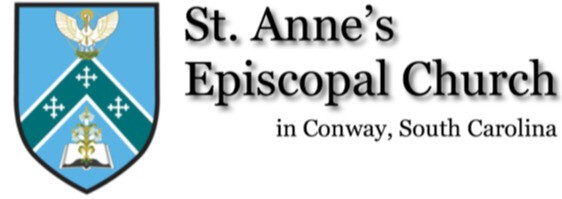
Come to this table, you who have much faith and you who would like to have more; you who have been here often, and you who have not been for a while or ever before; you who have tried to follow Jesus, and you who have failed; Come—not because the Church invites you— It is Christ who invites you to be known and fed here. These are the Holy Gifts of God to you the Holy People of God.
-Invitation to the Holy Communion
We believe that the holy sacraments are open to all members of our congregation, of all genders and sexualities. We celebrate the strength of our differences and our unity in serving one another as people of God.
![]()
As Episcopalians, we are followers of Jesus Christ, and both our worship and our mission are in Christ’s name. In Jesus, we find that the nature of God is love, and through baptism, we share in his victory over sin and death.
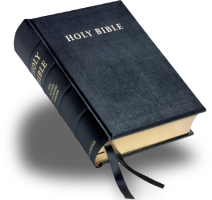
It is our foundation, understood through tradition and reason, containing all things necessary for salvation. Our worship is filled with Scripture from beginning to end.
 St. Anne's recognizes the power of the holy sacraments that help us see God always at work around us. As an Episcopal Church, St. Anne's believes in the equality of these sacraments for all of God's people across gender and sexuality. These include confirmation (the adult affirmation of our baptismal vows); matrimony (Christian marriage); and orders (ordination to deacon, priest, or bishop).
St. Anne's recognizes the power of the holy sacraments that help us see God always at work around us. As an Episcopal Church, St. Anne's believes in the equality of these sacraments for all of God's people across gender and sexuality. These include confirmation (the adult affirmation of our baptismal vows); matrimony (Christian marriage); and orders (ordination to deacon, priest, or bishop).
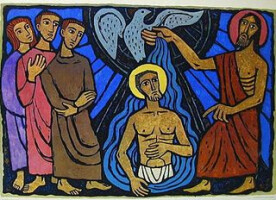 In the waters of baptism we are lovingly adopted by God into God’s family, which we call the Church, and given God’s own life to share and reminded that nothing can separate us from God’s love in Christ.
In the waters of baptism we are lovingly adopted by God into God’s family, which we call the Church, and given God’s own life to share and reminded that nothing can separate us from God’s love in Christ.
If you are interested in being baptized or receiving any of the other sacraments please contact Rev. Sandy Moyle at
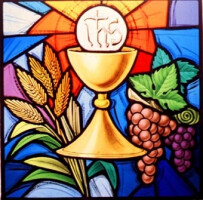
It goes by several names: Holy Communion, the Eucharist (which literally means "thanksgiving"), or mass. But whatever it’s called, this is the family meal for Christians and a foretaste of the heavenly banquet.
As such, all persons who have been baptized as Christians are welcome to receive bread and wine and be in communion with God and each other.
If you have not been baptized, we still invite you still come to the celebrant to receive a blessing. You can do this by folding your arms over your chest.
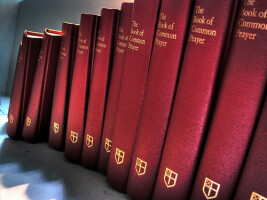
The Book of Common Prayer is a treasure chest full of devotional and teaching resources for individuals and congregations, but it is also the primary symbol of our unity. We, who are many and diverse, come together in Christ through our worship--our common prayer.
![]()
We will always have questions, but in the two foundational statements of faith – the Apostles’ Creed used at baptism, and the Nicene Creed used at communion – we join Christians throughout the ages in affirming our faith in the one God who created us, redeemed us, and sanctifies us.
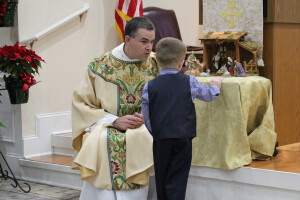
The promises we make in our Baptismal Covenant are reminders that we are not yet perfect, and that we are called to move deeper in our faith and make a difference in our world. We do so together as the church, always professing that we will indeed live into our baptismal vows as followers of Christ, but always “with God’s help.”
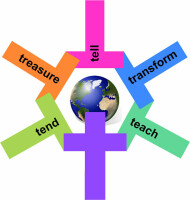
The Mission of the Church Is the Mission of Christ
We recognize with gratitude that the Five Marks of Mission, developed by the Anglican Consultative Council between 1984 and 1990, have won wide acceptance among Anglicans, and have given parishes and dioceses around the world a practical and memorable "checklist" for mission activities.
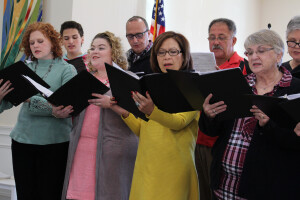
Liturgy is the term for the church's sacramental rites and texts used in public worship. In An Episcopal Dictionary of the Church (Church Publishing, 2000), Don S. Armentrout and Robert Boak Slocum explain that "liturgy expresses the church's identity and mission, including the church's calling to invite others and to serve with concern for the needs of the world." Although many liturgies of the Episcopal Church are included in the Book of Common Prayer, newer liturgies, are developed and reviewed by the Episcopal Church's Standing Commission for Music and Liturgy on an ongoing basis.
Music in the Episcopal Church can be as diverse as its worship services. Our hymnal draws all Episcopalians together musically in the same way that the Book of Common Prayer draws us together in prayer and liturgy. Most recently revised in 1982, The Hymnal of the Episcopal Church offers 720 hymns in addition to liturgical music. While some of the hymns date back to monastic chants, the hymnal offers more modern music as well.